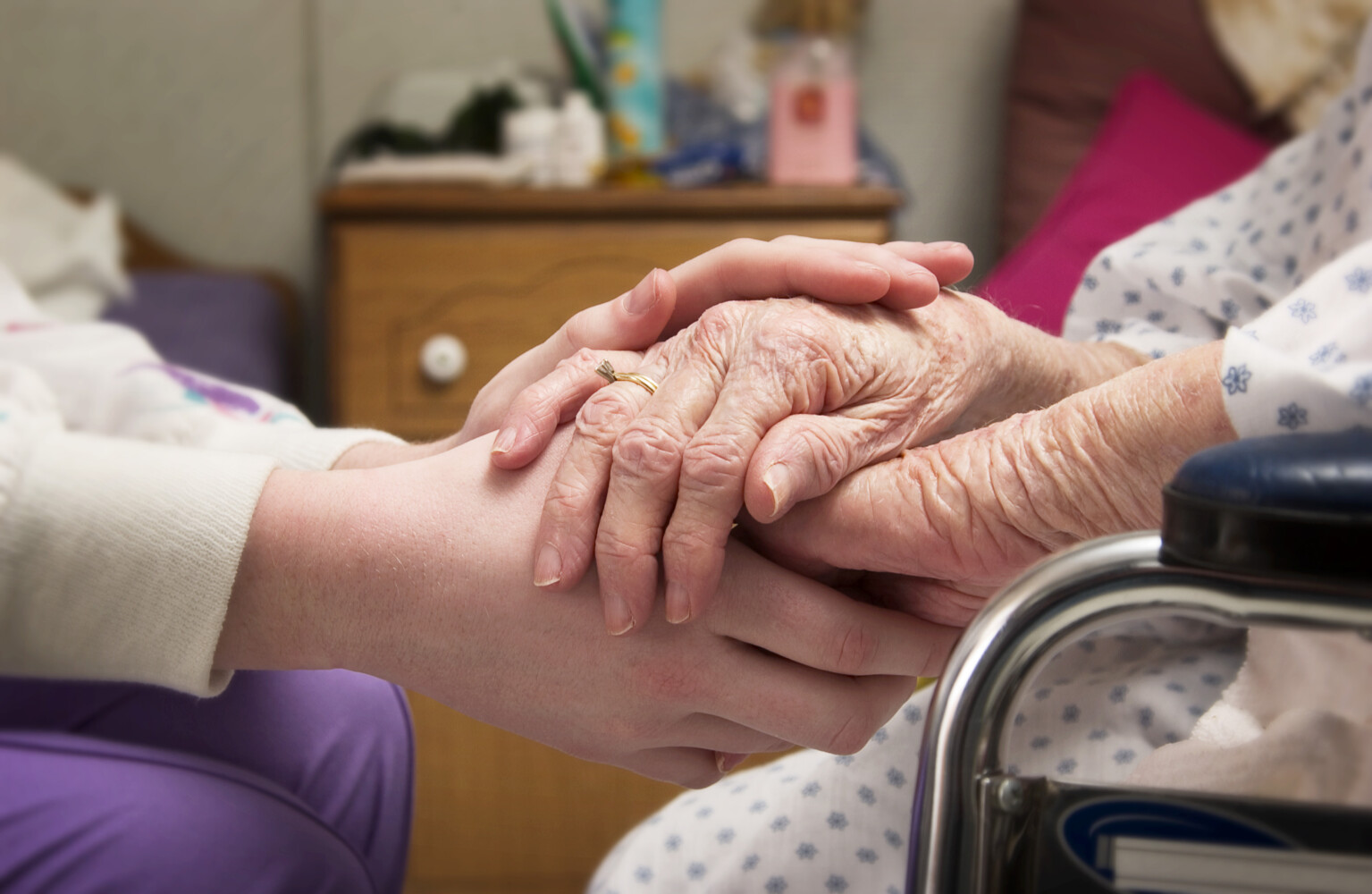The basic economic problem we suffer from is the loss of purchasing power. This has nothing to do with good macroeconomic results. In fact, right now, macro triumphalism and micro pessimism coexist.
Leaving aside the causes for now, what is undeniable is that we are immersed in an inflationary process. The short-term question - it used to be medium-term, before that long-term - is whether this inflation will combine with a recession. In that case, we will have the most difficult economic context to navigate: stagflation.

Young People Consume Less and Less | Europa PressInflation is responsible for a double phenomenon: i) that material poverty indicators increase, and ii) that the population can't save. On the first point, E-Notícies has spoken on multiple occasions about the GDP per capita drama. According to the latest INSOCAT data, in Catalonia, there are 1,381,000 people at risk of poverty.
But, in reality, the two factors mentioned must be discriminated generationally if one wants to refine the real image of society. If we do, a dynamic is observed that is also no surprise: young people have a very bad economic situation. The data are multiple and indisputable, and the latest to be added are from ESADE.
Bleeding PercentagesIn a recent study titled The Ownership of Housing and Mortgage Debt of Spanish Families in the Last Twenty Years, ESADE analyzes the Spanish real estate sector in financial terms. Considering that the most common way to save is in real estate, this is synonymous with studying intergenerational inequalities. And the results show that, indeed, young people are going downhill without brakes.
In 2002, 65% of those under 35 owned a home, and twenty years later, in 2022, the figure drops to less than half (30%). Likewise, the data allow for relative comparisons. This is useful to avoid very common fallacies, such as that current young people don't save, don't make an effort, etc.
Thus, for example, those born between 1986 and 1997 have around 45,000 euros at 35 years old. But those born twenty years earlier had 120,000 euros in the same age range. In fact, data from other sources and studies confirm that, proportionally, young people consume less now (mainly because they can't consume more).
Specifically, they consume 36% less.Incentives That Exclude Young PeopleThe discourse that the current economy of young people responds solely and exclusively to their (poor) savings and capitalization preferences is unsustainable. Cultural changes may be a contributing factor, but not the main one.
As it has always been, the basic cause of individual prosperity is general prosperity.Meanwhile, what is known as the "system" (pensions, social aid, immigration, economic model, etc.) responds to an incentive system that excludes young people.
As has also been said many times, the clearest case is that of pensions. Because the financing of pensions is done at the expense of the present, not from past capitalization that not only doesn't exist but was used to pay current expenses.The acid test that intergenerational inequality is a primary inequality lies in future projections.
Assuming the "system" remains the same, there will be even more inequality between young heirs and non-heirs. This would be a kind of compounded capitalization of the current inequality between boomers and young people..
Politics

Downhill and Out of Control: The Economic Situation of Young People

Intergenerational inequality keeps increasing and that opens a gap in the heart of society














